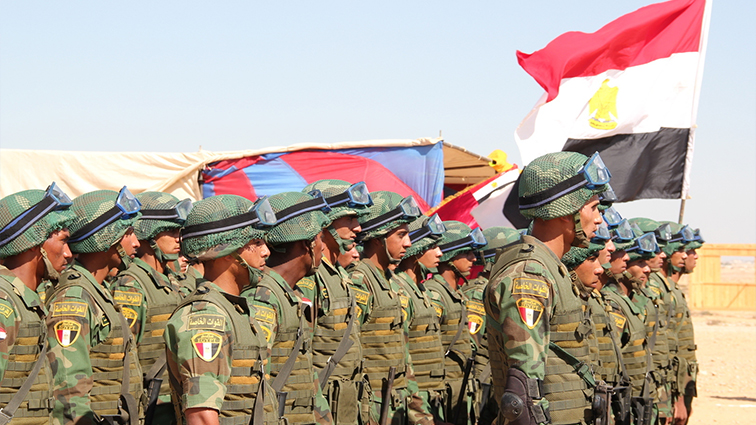The Israeli newspaper “Yedioth Ahronoth” published a lengthy report under the title, “The peace agreement did not change the Egyptian army’s position on Israel as a threat.”
It discussed the complex relationship between the Egyptian and Israeli militaries more than four decades after the peace agreement between the two countries.
The newspaper explained that the Egyptian army, despite signing the peace agreement in 1978, still considers Israel a major threat.
She confirmed that the Egyptian army continues to strengthen its strength with hundreds of thousands of active soldiers and heavy and light weapons from multiple countries, most notably Russia.
Military analyst Lior Ben-Ari emphasized in the report that the Egyptian army is considered an essential part of the country and affects every aspect of it, noting that most of Egypt’s presidents, starting from Gamal Nasser all the way to Sisi, came from the military establishment.
The report reviewed the strength of the Egyptian army, which is one of the largest armies neighboring Israel, and is ranked 15th in the world according to the” GlobalFirePower “website for the year 2024.
He pointed out that Egypt possesses more than 1,000 military aircraft, more than 5,000 tanks, and dozens of warships, including eight submarines.
The report revealed that Egypt’s military buildup depends heavily on American aid, in addition to purchases from Russia, France, Italy, and Germany, and pointed out that Egypt is cooperating with Russia and China in various fields, including building civilian nuclear reactors.
The report stated that the Egyptian army faces internal terrorist threats, especially in Sinai, where Egypt coordinates with Israel in military operations against ISIS.
He explained that the peace agreement sets limits on the entry of Egyptian forces into Sinai, but Israel allowed flexibility in this regard to combat terrorism.
Israeli expert Dr. Ofir Winter pointed out that the war against terrorism in Sinai has raised the level of military coordination between Egypt and Israel, pointing to Israel’s support for selling advanced weapons to Egypt and transferring military and intelligence technologies.
The report confirmed that security cooperation between the two countries continues despite some incidents on the border, stressing the importance of this cooperation in maintaining regional stability.
He explained that the Egyptian army is preparing for any future possibilities, including the possibility of the collapse of the peace agreement.
The report concluded that relations between Egypt and Israel go beyond military aspects to include economic cooperation, such as Israel’s supply of natural gas to Egypt.
He concluded by warning against excessive reliance on economic rationality in evaluating relations between the two countries, noting that political and military dynamics may change rapidly in the Middle East.
The diplomatic dispute between Niger and Benin over oil exports escalates
